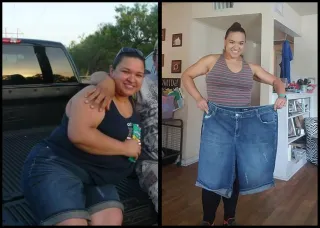
Get Started with Weight Loss Program – Only $250 Today!
First 15 to book will get:
6 Weight Loss Shots
+
FREE Consultation

Simple & Affordable
Shed Those Extra Pounds Now!
Discover The World’s Most Successful Doctor Supervised Weight Loss Solution That Provides Fast Results
Claim Your Voucher Below!
Weight Loss TRANSFORMATIONS!
See the incredible transformations that have helped real people turn their weight loss dreams into reality. Imagine your own journey toward a healthier, more confident you—it’s closer than you think!
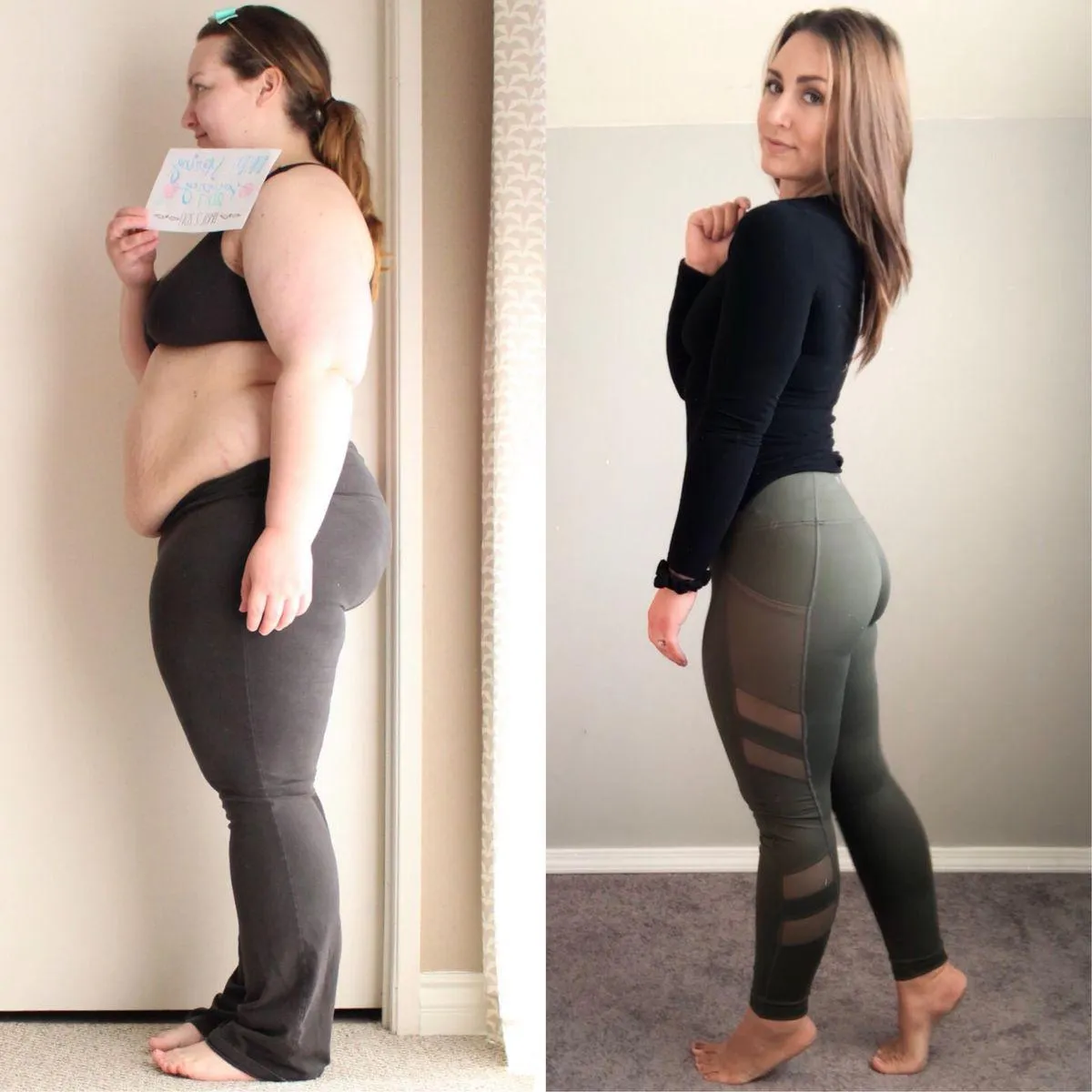
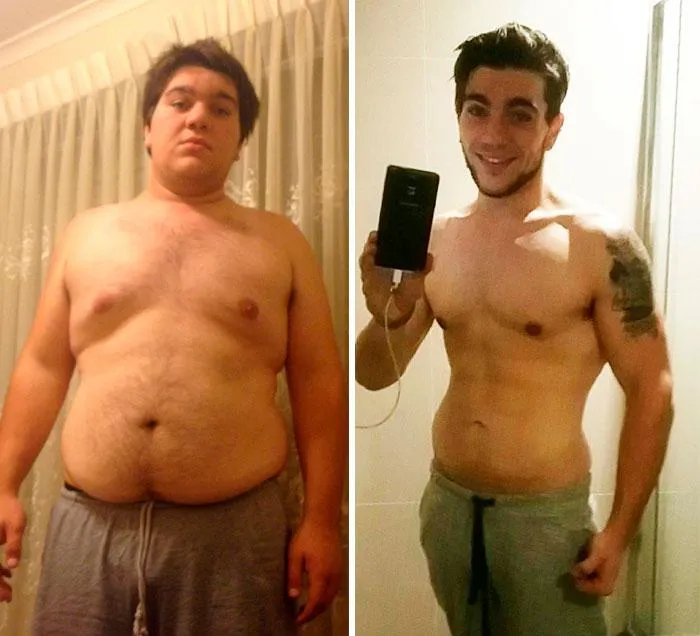
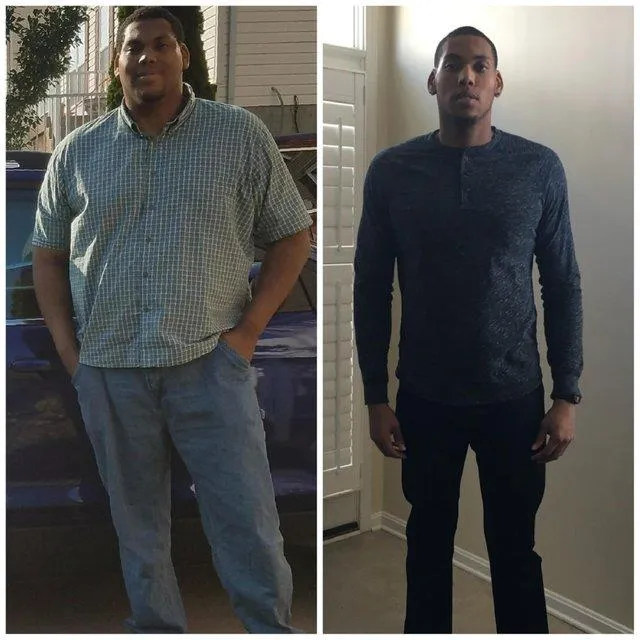
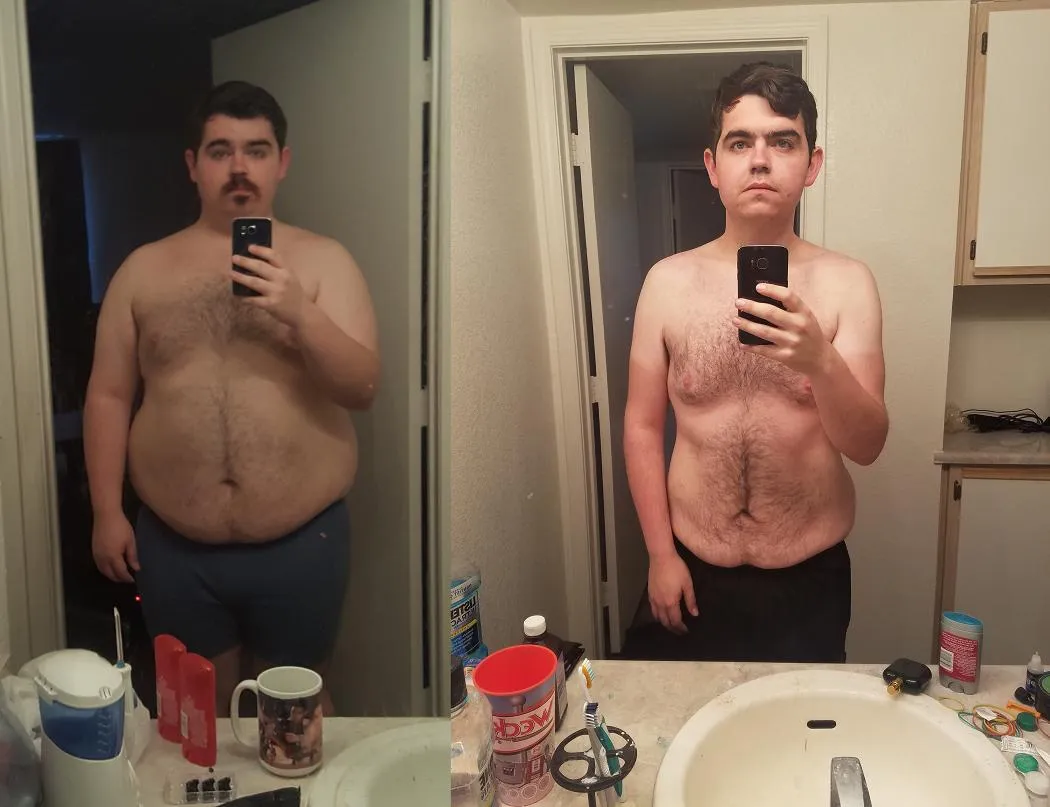
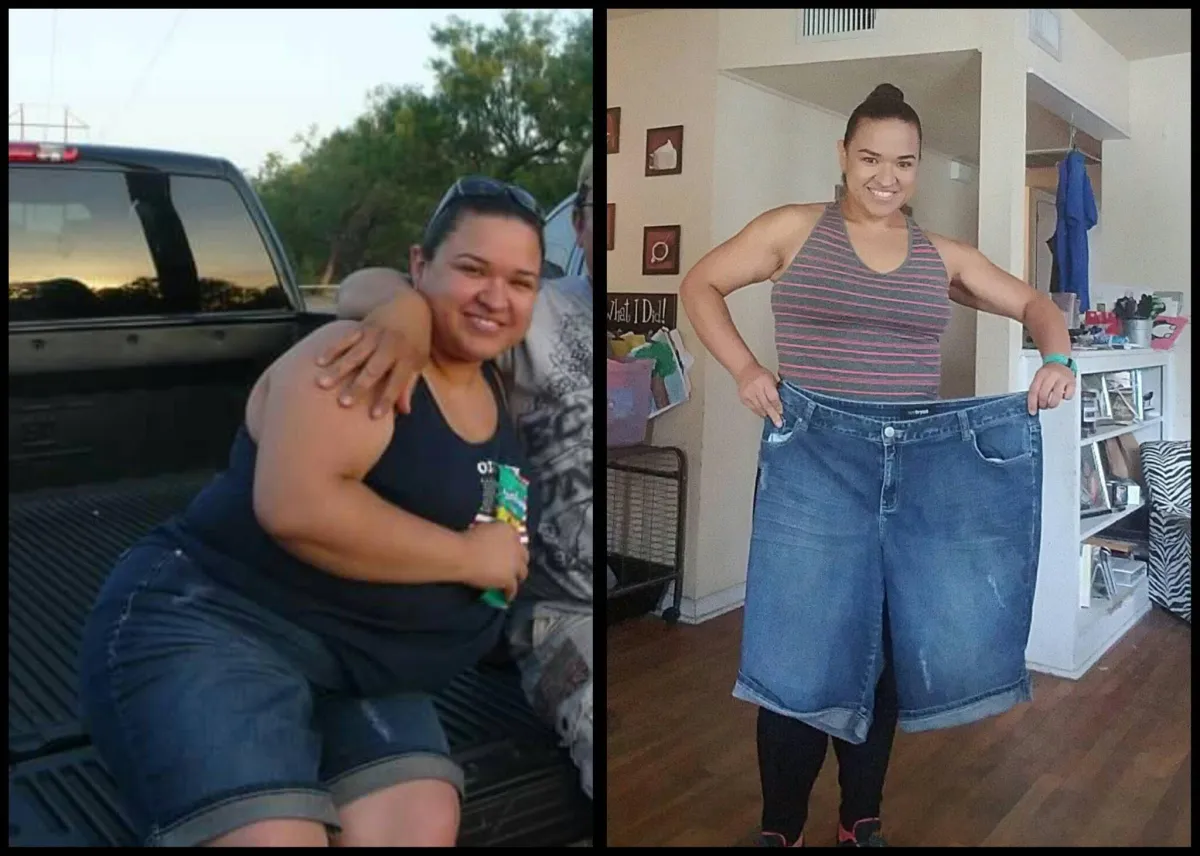

Credits- Various
Every patient is different and individual results may vary
How Does It Work?
Our weight loss injections offer a potential weight loss of 15% to 22%. Administered once a week, these medications mimic feelings of fullness by slowing gastric emptying, which helps reduce appetite, enhance eating control, and diminish food cravings.
Its powerful appetite suppression minimizes hunger and late-night cravings, allowing many patients to effortlessly skip meals like breakfast or lunch. With fewer calories consumed, weight loss becomes more efficient.
Additionally, the medication accelerates the conversion of blood glucose into energy, preventing it from being stored as fat. We will guide you through the simple process of self-administering the weekly dose using a tiny, nearly painless insulin injection.

Non-Surgical, Weekly Injections
Reduce appetite, cravings.
Suppresses hunger & skip meals.
Prevents fat.
Weekly insulin injection.
How does Medical Weight Loss work?
The shot works for weight loss by mimicking a hormone called GLP-1 (glucagon-like peptide-1), which helps regulate appetite and food intake. It slows down gastric emptying, meaning food stays in the stomach longer, making you feel full and reducing hunger. This leads to a natural decrease in the urge to eat.
Additionally, the shot reduces food cravings, particularly for high-calorie foods, by affecting the brain's hunger signals. It also improves blood sugar control by enhancing insulin secretion, helping the body better convert glucose into energy instead of storing it as fat. With a reduced appetite and fewer cravings, people consume fewer calories, which promotes weight loss. The shot is typically administered as a once-weekly injection and is used alongside a diet and exercise plan for effective weight management.
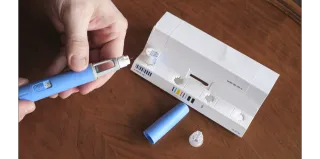
How soon can I expect to see results?
Results from the shot for weight loss can typically start to be seen within the first few weeks, though the pace of weight loss varies by individual. Most people begin noticing changes within the first month, particularly in reduced appetite and fewer cravings. Significant weight loss tends to occur over a longer period, with clinical studies showing that substantial results, such as losing 10-15% of body weight, can be achieved over the course of 3 to 6 months of consistent use.
However, individual experiences may vary, and results depend on factors like dosage, adherence to treatment, and lifestyle factors such as diet and exercise. It's important to follow the prescribed regimen and work closely with a healthcare provider to optimize outcomes.
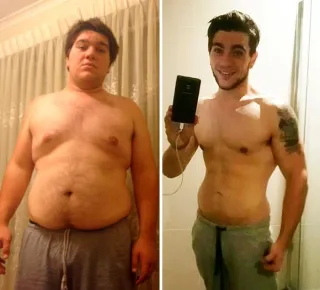
What can I expect after I stop using the shot?
After stopping the shot, you may notice the gradual return of appetite and food cravings, as the medication’s appetite-suppressing effects diminish. This can make portion control and avoiding snacking more challenging. Without the shot, there is also the potential for weight regain, particularly if diet and exercise habits aren't maintained.
If you were using the shot to manage blood sugar levels, such as in type 2 diabetes, your blood glucose levels may rise again, potentially requiring alternative medications or insulin. On a positive note, any gastrointestinal side effects, such as nausea or indigestion, typically subside after discontinuing the medication.
To minimize the risk of weight regain or blood sugar fluctuations, it’s important to continue with healthy eating and regular exercise. Consulting your healthcare provider before stopping the shot is recommended to ensure a smooth transition and manage any potential issues.
